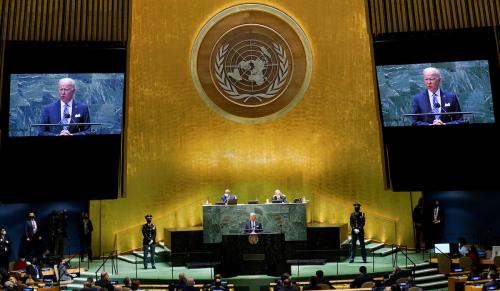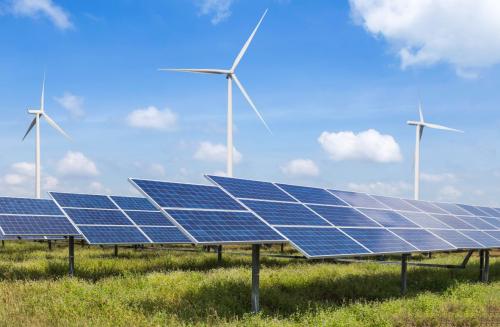I am going to write about John Rawls, the great liberal philosopher. But bear with me: I am also going to consider how much tax people want to pay. Rawls first: in 1971, the quiet, unassuming Harvard professor published a dry treatise, A Theory of Justice. Such a book might hope for a few thousand sales. In this case, it sold in the hundreds of thousands. It was a philosophical blockbuster.
Rawls’ elegant thesis rested on an intuitive idea: a fair society is the one we would invent without knowing what position we will occupy within it. Decisions about tax, welfare, social insurance are made, in his thought experiment, by rational individuals acting behind ‘a veil of ignorance’. Rawls also gave pro-government liberals a firmer foundation on which to stand in their battles with the supply-siders in the 1980s.
Of course, the big problem with Rawls’ thought experiment is that it is, well, a thought experiment. In the real world, people know where they are in the pecking order. So they will vote for policies based on their assessment of current and expected future status: people cast their votes behind a curtain, but not behind a veil.
This means, typically, that those with money are less likely to vote for strongly redistributive taxes. Altruists might (and the Swiss, apparently, do), but in general people with a lot of wealth or a high income tend to look unfavorably on estate taxes and income taxes.
But in an unequal society, there will be more people with incomes below the mean than above it. In the U.S., for example, some 63% of households have incomes below the mean. The big rises in income at the top of the income distribution are not exactly a secret: the Occupy movement has seen to that. So the more important political question is why people of modest or low income are also so resistant to a more redistributive tax system.
One popular thesis is that people who are poor today think they – or their children – might be rich tomorrow. The economist Arthur Okun described the strong resistance from low-income voters to George McGovern’s plans to raise the estate tax in 1972 in these terms:
“The silent majority did not want the yacht clubs closed forever to their children and grandchildren while those who had already become members kept sailing along.”
Economists have labeled this the POUM (Prospect Of Upward Mobility) hypothesis. I oppose taxes that I think I might end up paying. In an important paper, Roland Benabou and Ege A. Ok found some support for this thesis in the U.S. A rational prospect of joining the ranks of the better-off reduces support for redistributive policies – at least over a 20-year time horizon.
On the other hand, Benabou and Ok also found a strong desire for insurance against the possibility of downward mobility. These two factors – hope of rising and fear of falling – tended, for most voters, to balance each other out. In particular, uncertainty about where your children might end up is a powerful political incentive to support a social safety net and redistribution.
Rawls and Benabou and Ok were writing at time when mobility between generations may have been higher than it is today. Right now, we know that people born in the bottom twenty per cent of the income distribution have a roughly 40% chance of staying there as adults – and the same holds true at the top. The U.S. income distribution is ‘sticky’ at both ends. And it is particularly sticky at the top. Only 44% of U.S. men with fathers in the top 5% of the earnings distribution drop more than 20 percentage points down the income ladder – compared to 59% in Canada, according to work by Miles Corak, Matthew Lindquist and Bhashkar Mazumder.
If the income distribution becomes less fluid over time, the political effects are hard to predict. On the one hand, if those of modest means start to doubt the God of POUM, they might start voting for more redistributive policies. On the other hand, if the affluent come to know with greater certainty that their own children are secure on the top rungs of the ladder, they may well oppose redistribution with greater ferocity. If the Rawlsian veil of ignorance no longer veils the outcomes of even the next generation, the chances of reaching a consensus on fair social arrangements will become even more remote.
The U.S. has been immunized from class warfare, in part, by the promise of social mobility. Perhaps not for much longer.



Commentary
Op-edA Lack of Social Mobility May Foretell Rising Class Warfare
November 5, 2013